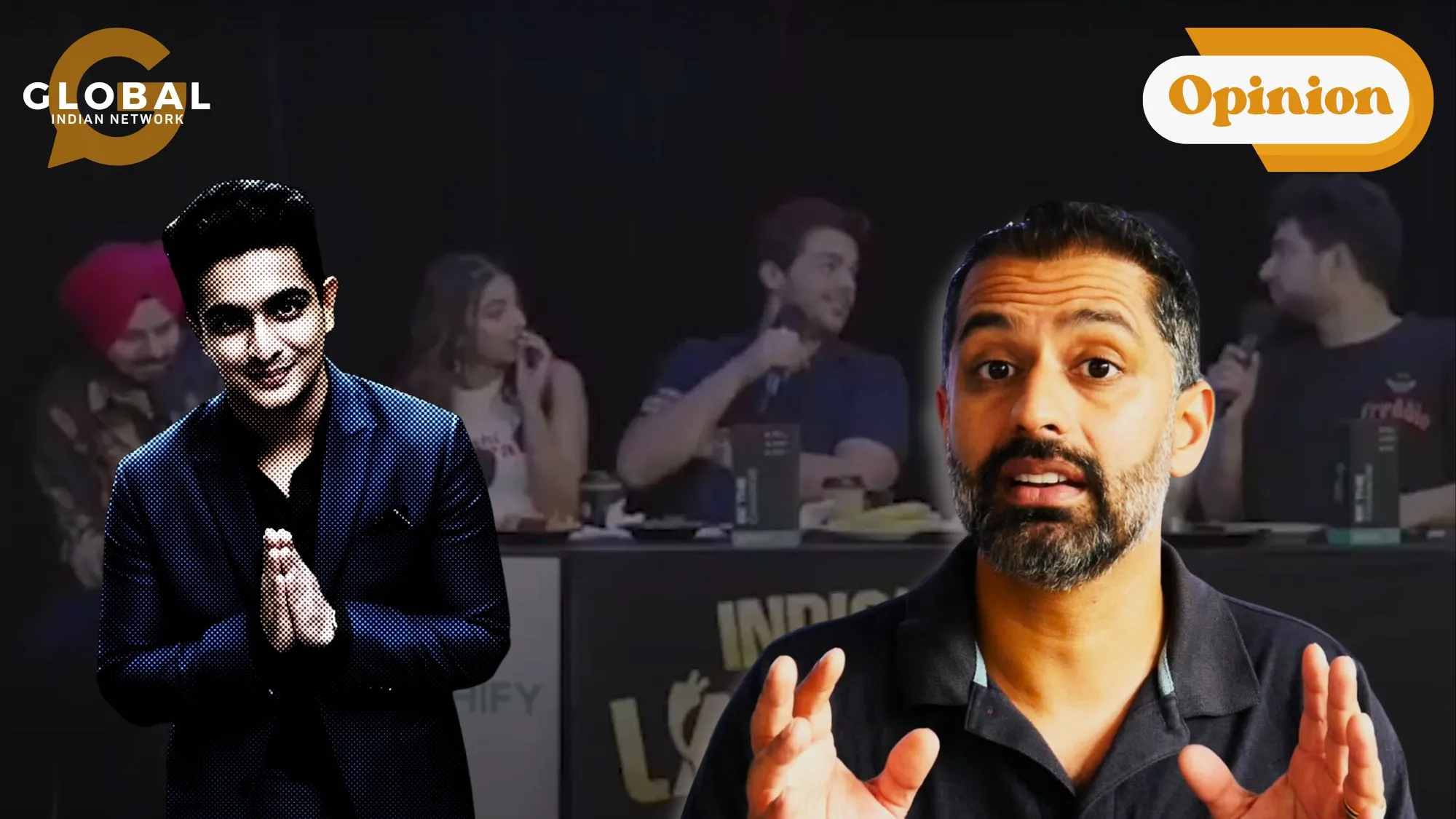In a country teeming with contradictions, where power and privilege often dictate justice, the controversy surrounding podcaster Ranveer Allahbadia, known as “BeerBiceps,” raises an uncomfortable question—why does India react so selectively to moral outrage?
Let’s be clear: Ranveer Allahbadia‘s comments were crass, juvenile, and, frankly, a slap in the face of comedic form. They weren’t clever, they weren’t boundary-pushing, and they certainly weren’t the kind of wit that India’s great satirical minds have produced in the past. By his own admission, they were a lapse in judgment—though one could argue it’s a case of selective hindsight for social currency. But what truly annoys me is the sheer disproportion of the response. FIRs across states, police visits, and even parliamentary discussions—meanwhile, the real crises facing India barely get a mention.
The Hierarchy of Outrage
Consider the cases of victims of caste violence, gender-based crimes, or political persecution. How many of these stories receive the same level of attention? How many find themselves debated in Parliament? There are women across India who have suffered unspeakable atrocities, yet their pleas for justice languish in legal limbo. There are whistleblowers who have exposed corruption only to be silenced or forgotten.
Yet, in Allahbadia’s case, the system has mobilized at lightning speed. Assam police, Mumbai police, multiple FIRs, and political leaders are weighing in. It’s as if the very moral fabric of the nation is at stake because a YouTuber made a crude joke on a roast show.
This isn’t about defending tasteless remarks. It’s about questioning why justice seems to have an on-off switch, conveniently activated when it serves vested interests.
A Disproportionate Response?
It is undeniable that Allahbadia’s remark was inappropriate, stupid, and a plague upon comedy. But was it a criminal offence? The reactions to his comment raise concerns about the selective enforcement of moral outrage in India.
We have seen inflammatory speech, online abuse, and outright criminal activities that fail to attract the same level of scrutiny. Cases of sexual violence, caste-based atrocities, and political corruption often do not receive the same sustained attention. Victims of these offences struggle for years to get justice while the system appears to move at lightning speed for a tasteless joke made by a podcaster.
One could argue the reason behind this imbalance is simple: Allahbadia is a high-profile digital influencer with mainstream political and corporate connections. When someone with his reach stirs controversy, it becomes an easy talking point for media channels and politicians looking to capitalize on the moment.
The Broader Landscape of Offense in India
This case is also a reflection of the evolving digital culture in India, where the boundaries of free speech, comedy, and public decency are being constantly tested. India has a long tradition of political satire and irreverent comedy, yet comedians and influencers today frequently find themselves facing legal consequences for pushing boundaries—while hate speech and misinformation often go unchecked.
Take, for instance, the treatment of comedians like Munawar Faruqui and Kunal Kamra, who have been targeted by legal action and online harassment for their content. Meanwhile, politicians and public figures have made deeply offensive remarks with little to no legal repercussions. The hypocrisy is hard to ignore.
Are We Prioritizing the Wrong Battles?
The outrage over Allahbadia’s comment also raises concerns about misplaced priorities. India faces significant challenges, rising unemployment, economic instability, human rights violations, and an overburdened judicial system. Yet, a crude joke on a comedy podcast has managed to dominate national discourse for days.
Selective moral outrage isn’t justice; it’s a distraction. It keeps the public engaged in trivial debates.









